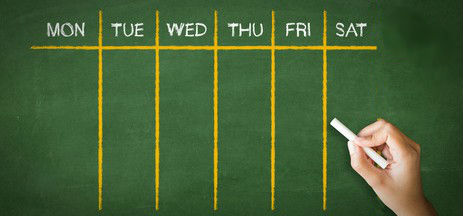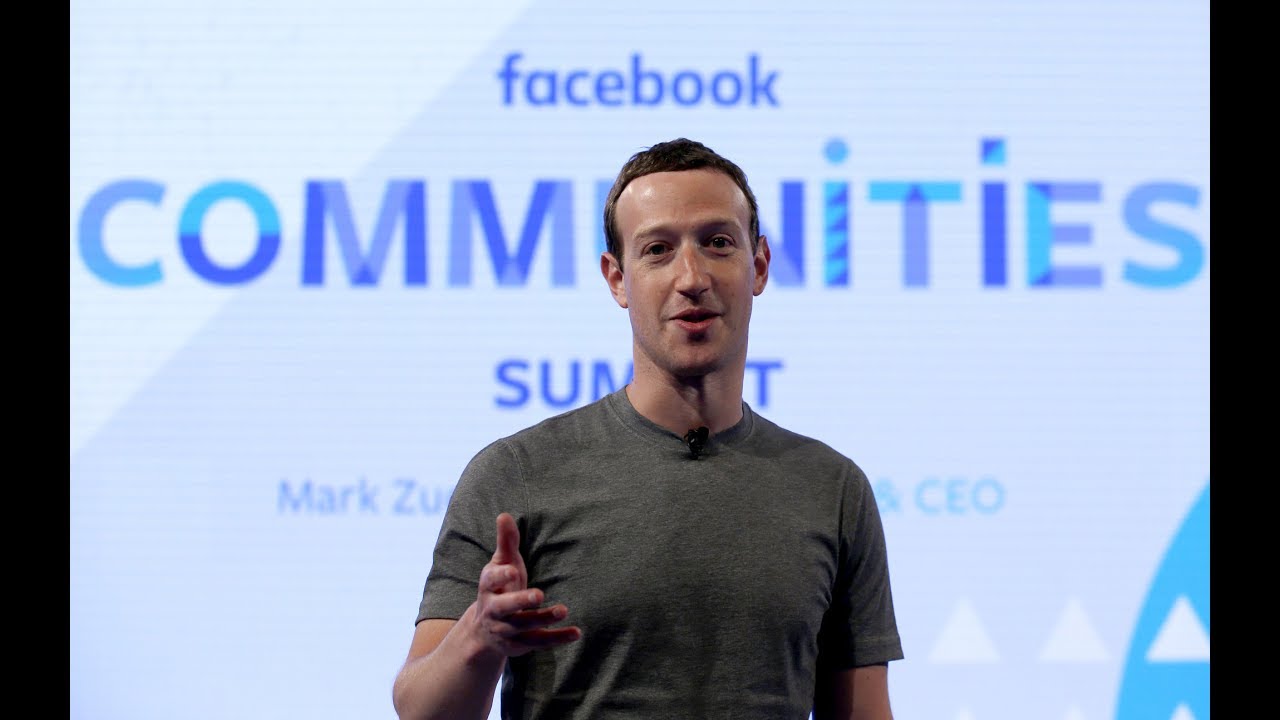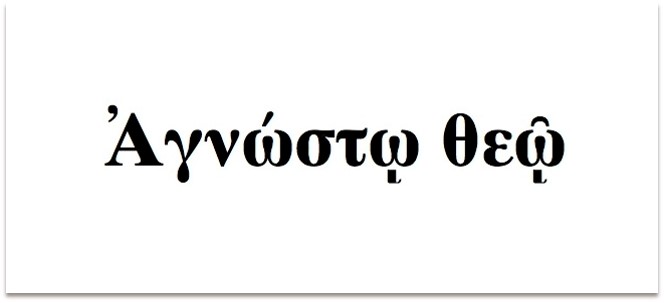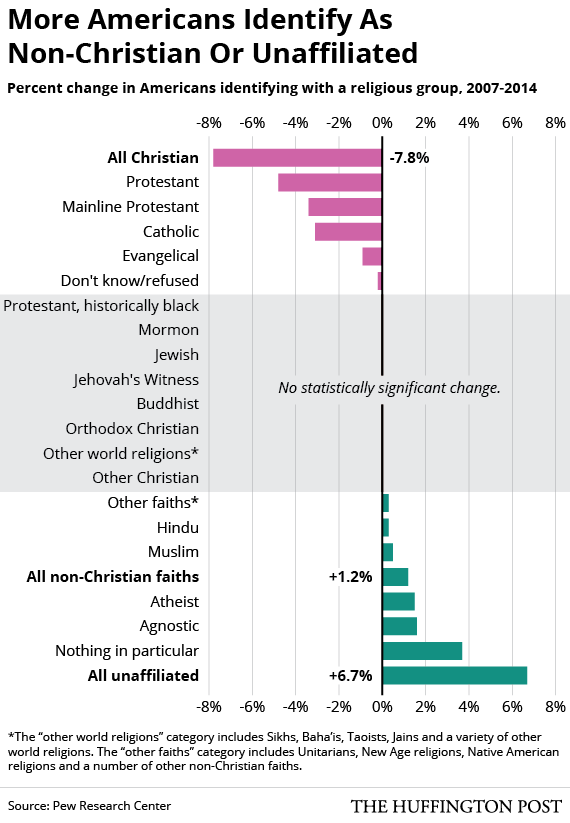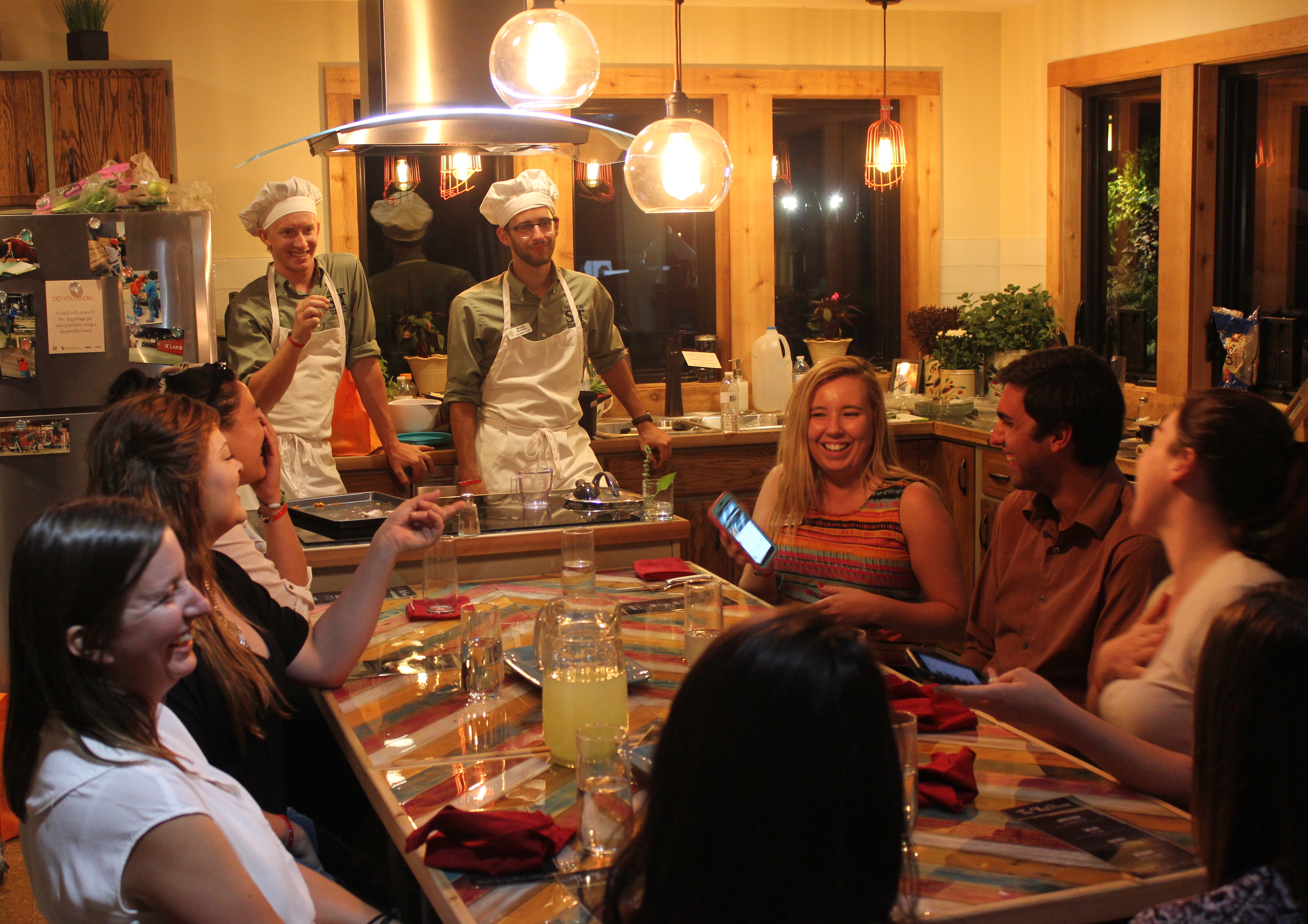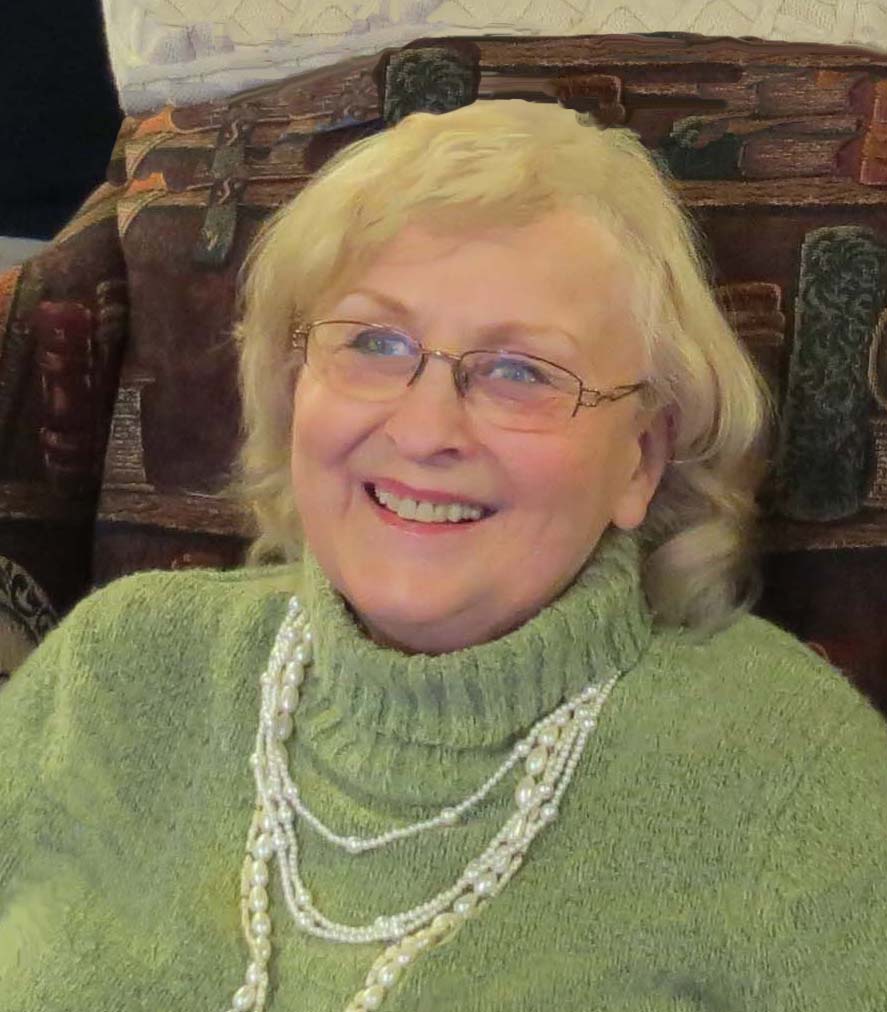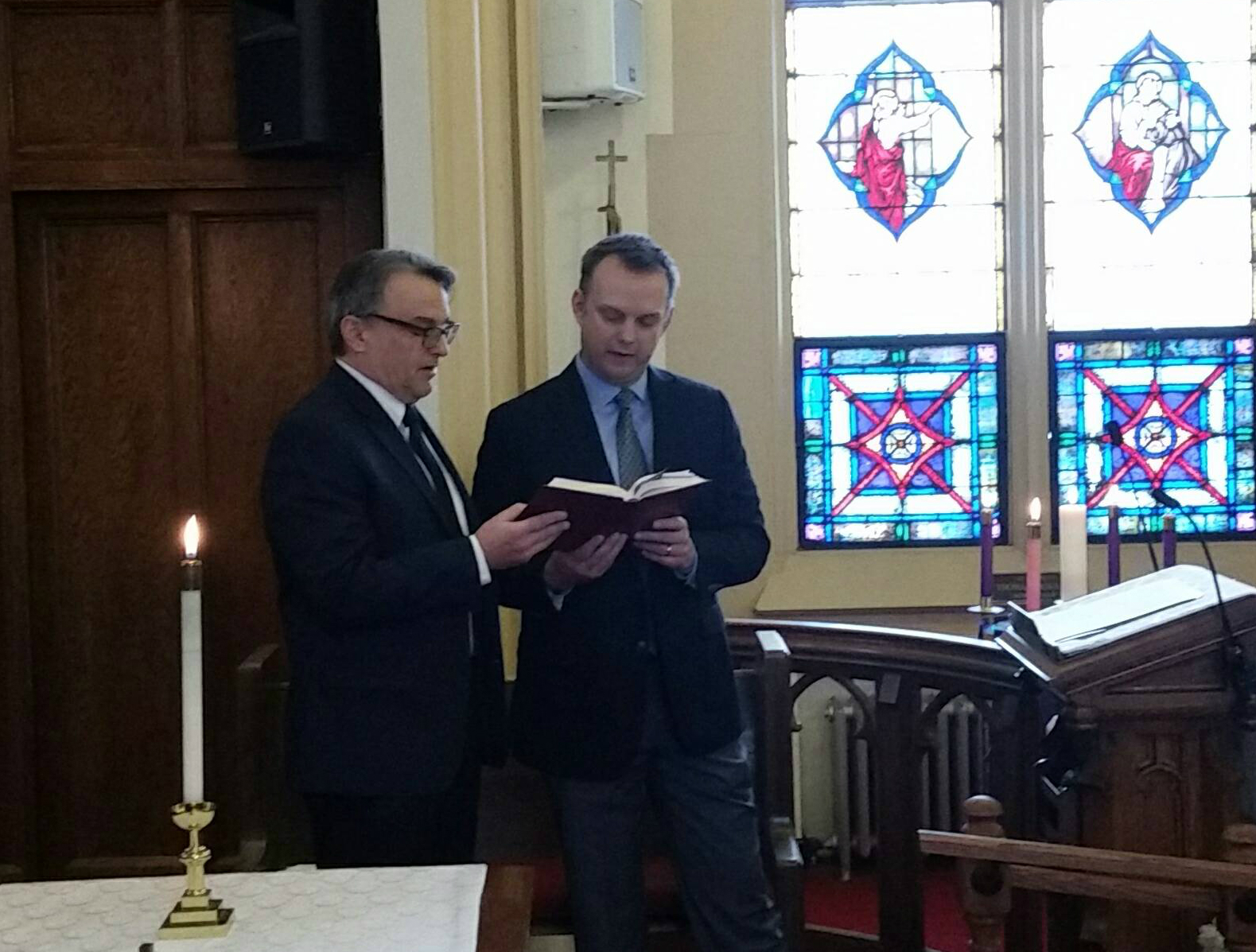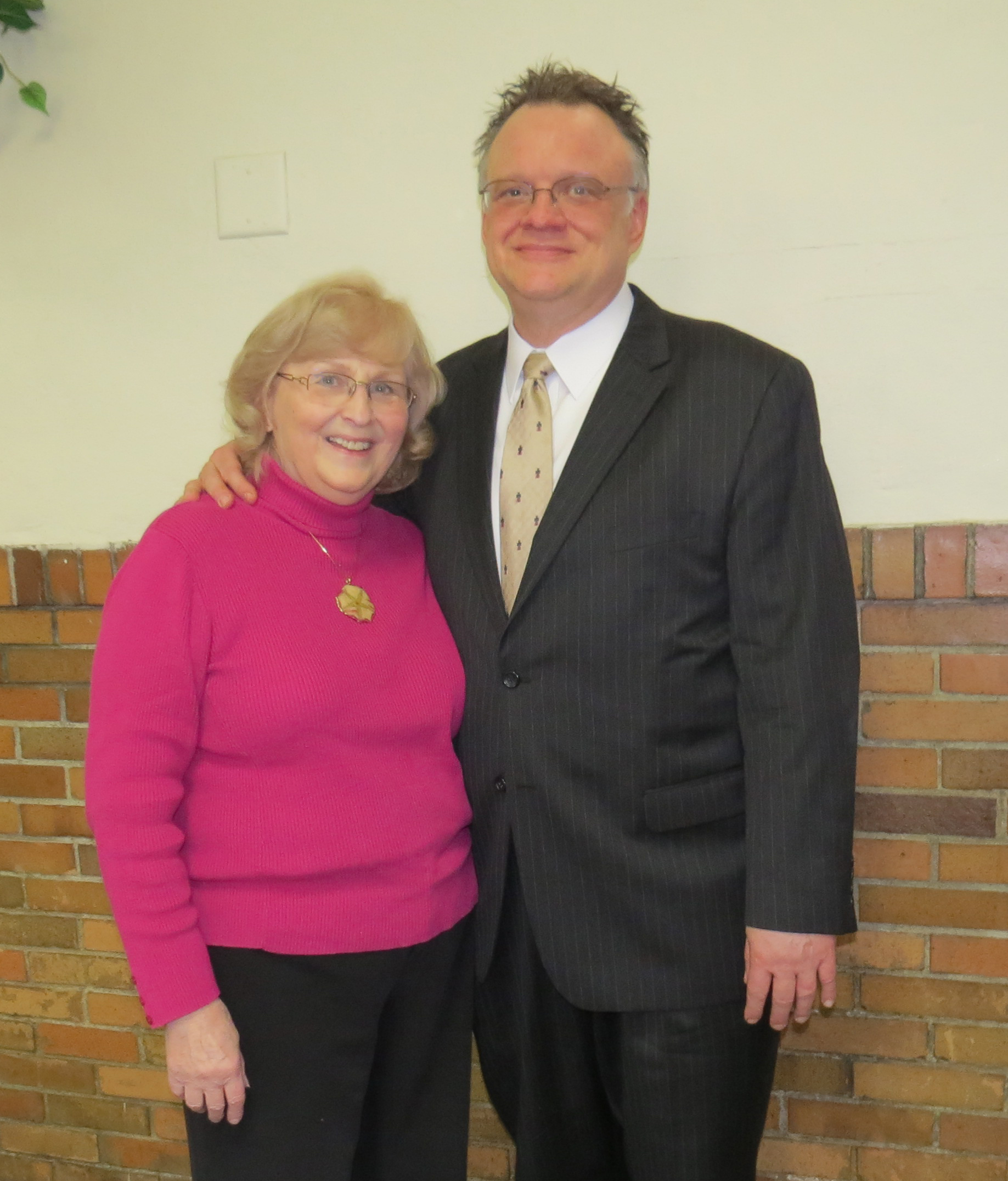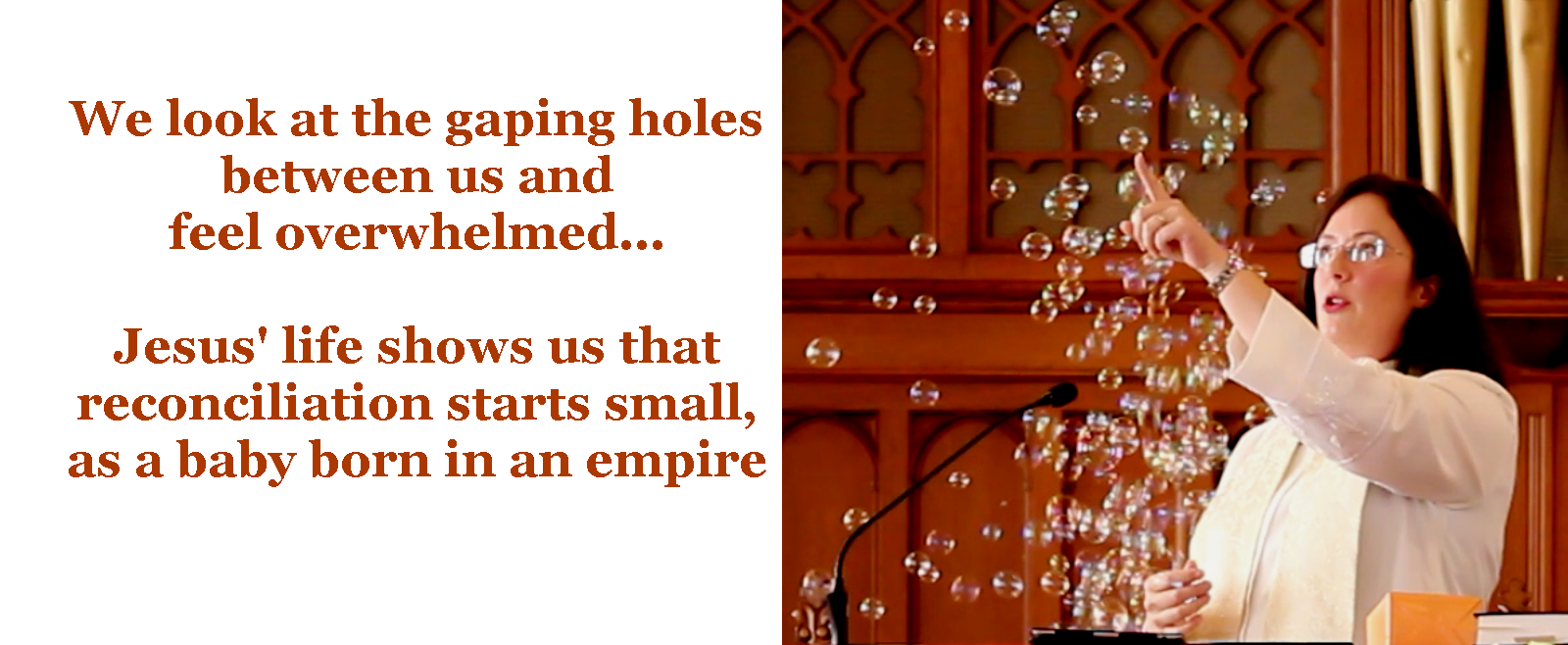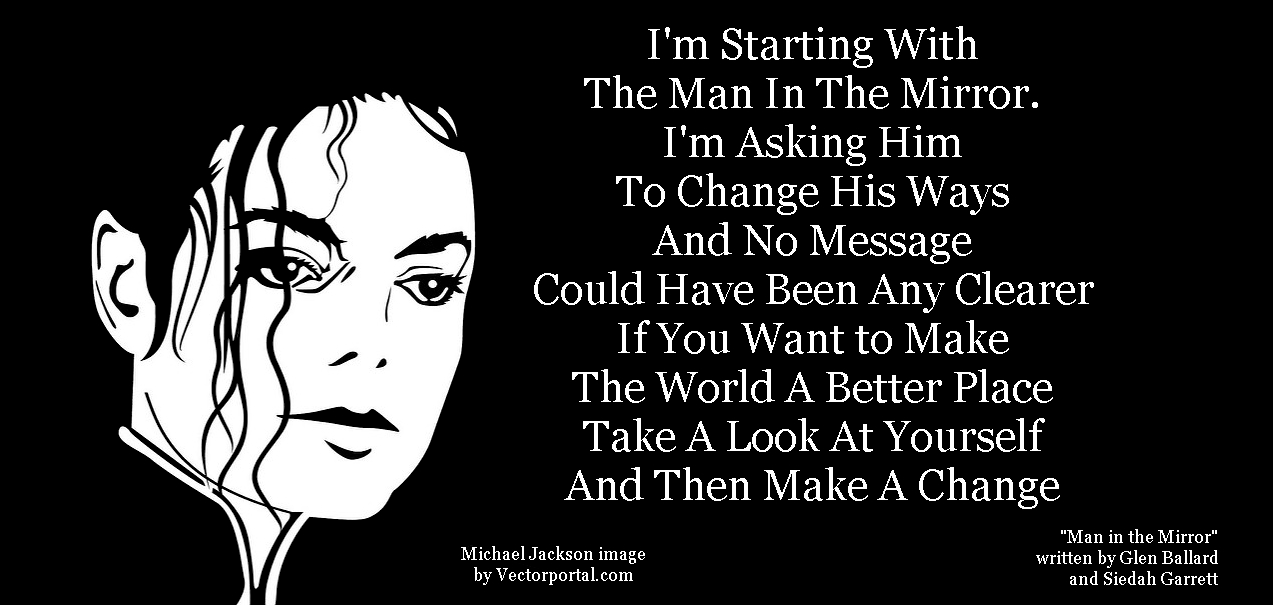Catch Me When I Fall
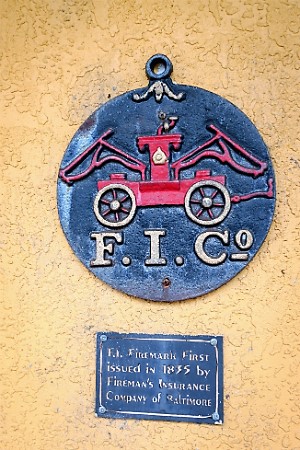 By Visitor7 - Own work, CC BY-SA 3.0, Link
By Visitor7 - Own work, CC BY-SA 3.0, Link
What are we to do in life…and in firefighting.
Catch Me When I Fall
a sermon by Rev. J. Christy Ramsey
Click the title above for a mp3 recording
Audio from South Lake Tahoe Community Presbyterian Church, edited from a flawless transcription made by edigitaltranscriptions all errors are mine.
Micah 6:1-8 &
Matthew 5:1-12
Sermons also available free on iTunes
I don’t know if you remember the first time you heard the Beatitudes, especially if you heard them from Luke, because Luke doesn’t mince words. He just straight out says, “Blessed are the poor.” Doesn’t even add that “in spirit.” Straight out poor. Have you ever, first time you heard that, did you say what is this guy talking about? These people are not blessed. I know blessed. I seek blessing. I know what it is. It is carefree, not woe-foe. And woe-foe is what all these are: persecution, insult, mourning of all things.
Blessed? Not blessed. Jesus, something’s wrong there, either with our translation or maybe even with what I’m understanding blessed is about. I know about mourning, and I know about crisis. I know about persecution. I know about insults. I know about trouble. And not because I’ve served the church as a pastor. Not this church. This church is wonderful, I know. But because I served as a firefighter. And we did fires, and we did heavy rescue, which means auto accidents. We had 224, 55 both ways, one lane each way, and they didn’t really do 55 out in the country. I know some mourning. I know some grief. I know some trouble.
We were on the fire department after a meeting. It’s a volunteer fire department, and that’s an important underline there. Volunteer, which means when that alarm went, we dropped everything and ran to the fire station to get in there. You had five minutes to get on that truck fully geared because that truck was rolling in five. When I started, I missed several runs and went to an empty – because I was not quick. God bless them, they offered, they were trying to help me, they said, “Rev, here’s what we’ll do.” Now, did I mention the church was next door to the fire house? I still missed the runs.
They said, “Rev, here’s what we’ll do. We’ll get out all this hose out of the back of the fire truck. We don’t hardly ever need it. We’ll put your desk right here in the truck, and your chair, and your computer. And then you’ll be right here, and the alarm will go off, and then you’ll be in the truck.”
Well, from then on, I made those runs. And we were talking to the guys, a new guy, about the volunteers and how we go, and go run, and there’ll be training, and it’ll be great, and oh, yeah, you need a partner. And he said, “You know what you should do, you should go on the run with us.” “I can?” “Yeah. Yeah, just come along, you should come, you’ll see, and then you’ll see, it’ll be great, and then you can do training and all that.” So we’re talking. And suddenly the room fills with beeps. Beep beep beep beep beep beep beep beep beep beep. Our pagers off. It’s a run. We’re starting to move. It’s like that poor prospect, he’s the only one stationary. He’s in an eye of a hurricane. Things are flying all around, we’re getting ready, we’re going. We’re listening as we’re running.
Then in comes an EMT on our squad. He comes in, and he just yells one word. “Code.” Well, now it’s like that hurricane went over an erupting volcano because now that means someone is trying to die. We do not allow dying people after the alarm goes. That is not allowed. We gather up – we went from very fast to no time at all. So instead of six people fully dressed in the cab ready to go, it’s going to be three people, the first three that threw their stuff in the truck, and we’re going to be on the move, and we’re going to be rolling as we’re getting in the truck.
And that poor new guy, seeing all this, he says, “Should I go? Should I go? Can I go? Can I go?” And he just got grabbed and thrown in the truck with the gear. And he’s down on the floor, we’re all there, we’re rolling out, and I made that truck, God bless it. So I’m in there. He’s in there. He’s on the floor. And he’s, like, actually looking up at me. And he’s saying, “What do I do?” That’s what Micah says. “What do I do? What does the Lord require of me? What do I do?” And Micah has an answer, says God tells you three things. And the way I learned it: Do justice, love kindness, walk humbly with your God. That is what you do. What, Christy? No sexual purity code? No things about righteousness? No spiritual laws? No things, credos that you have to say and believe these four things in the correct way? No way to understand the ordination and unbroken line from the line? Do justice. Love kindness. Walk humbly with your God. Those three things.
Now, we’ve got to talk about them, of course, because I got time. Do justice. Now, justice has been perverted. Justice has been watered down. Justice has been changed into generic, been secularized, and I’m here to tell you I’m not talking about that justice. I’m not talking about those criminals must pay. I’m not talking about throw them away in the jail and lock them up and throw away the key. I’m not talking about us being the number one country in locking up our people. I’m not talking about that kind of justice. I’m not talking about making them hurt, making them pay. I’m not talking about they’re going to have to suffer as much as I suffered. That’s not justice. That’s not Bible. That’s something else.
In Bible, justice means everybody has what they need to live. You know a just society when everybody has what they need to live. That’s justice. Do justice. Make sure everyone has what they need to live. Do justice. And that’s what we were about in that fire department. You know, when that EMT, he didn’t have to come in and say a lot of words. He didn’t have to say this is a really good person, a friend of mine, has lived a good and moral and upstanding life and has kids that depend upon him and has, through [indiscernible], quit smoking years ago. You know? None of this [indiscernible]. So we have to go and make sure that person has what they need to live. No. All he had to say, someone needs us to live. Code. That’s our code. Someone needs us to live. That’s done. That’s it. No more questions. We are going to make sure they live.
Now, I don’t know if you’ve ever been on emergency services, but emergency service, you’ve got something called the “golden hour.” You’ve got one hour between whenever you had a problem – the heart attack, car accident, whatever your problem is – you’ve got one hour from there to get into definitive care. That means a hospital. You’ve got one hour. After an hour, your chances of recovery and survival go way down.
So in Ottawa, Ohio, God bless us, we had one hour. But there’s a thing. The hospital’s a half hour away. So we’ve got a half hour. Everybody else got an hour. We got a half hour. But we’re okay with that, really. So we are – whatever it takes. Because, you know, they could die without the fire department. And we’re sad like normal people. Oh, that’s sad. You know, I didn’t know. It was sad. They died. That’s happened. But you didn’t call us. Or they could actually die after we got them to the hospital. We’d like a couple hours, maybe a day or two. That’d be okay. We’re sad. We’re still sad. But we say, you know, we did what we could.
But you do not die during that hour, half hour that we have you. Whatever it takes to live, you’re going to get it because that’s us. Justice. Whatever it takes for you to live, we’re here to make sure you’ve got it. So I made a visit of one of my church members. And I only come up here once every six months, so you’re going to get, like, three sermons. So I only come up. So I made a visit to one of my church members. She was trapped inside of her car that got hit by a semi on the highway. It was a rather unique pastoral call. And she was trapped in there, and we were going to have to cut her car, cut her out.
So for some odd reason, they thought I should be in charge of this call because I was the most senior, the first one there. I learned my lesson. I made them trucks, buddy. So they said, what are we going to do? We’ve got to cut her out. Got to cut her out. It’s going to take 20 minutes to cut her out. We’re there working on it. And he said, “We’re going to have to call a copter. We have to call it. Call the copter.” “You want me to call them?” “Do it, call it.”
So they call it. That’s a $7,000 decision, then. And you really don’t have time to plan and say, you know – now. You’ve got to decide now. $7,000. In comes the helicopter. Only question is, what do you need to live? You’re getting that. And you know what? I did not know she was a member of my church until she was on that helicopter. And they turn to me, go, “Boy, that’s really strange. We’ve got a member of your church.” What? Because my job, my sole job there, besides making very difficult decisions, was to hold the door so when they cut it off, it didn’t fall on the leg that wasn’t hurt. We try not to make it worse when we save people. And I was, like, totally focused on her leg. I was, like, holding that door: the leg, the leg, the leg, the leg. I didn’t know who she was until off she went, and it was somebody else’s, and we got her there.
Extreme example, but all our questions was what does this person need to live? What has to be done? Do we have to call in a backhoe? Do we have to wake up somebody? Do we have to do that?
Let’s do that now, get it. No one dies on our watch. No one dies on our call. Do justice. What do you do? What do you need to live? You’re going to get it, no question, because we’re a just society. We’re the fire department. No one dies. You get what you need to live.
The second one is loving kindness. And it always is translated different. Sometimes it’s show mercy. It’s all sorts of things because we don’t have a good word for “hesed” in our English language, because it is God’s love to people, and that’s just a lot of things to figure out. What is God’s love to – it’s just overwhelming. It is what is unmerited, undeserved, no reason you should expect it. You get all the love you need. And here you go. Guess what. It’s about the fire department floor.
You know, Bob called me Friday to preach, and I said, “I’m going to go talk about the fire department. I like doing that. I’m going to do – you called me Friday night, buddy.” So we’re down there, and the fire department started out in most towns as an insurance company in that it was insurance, fire insurance. And they were really good with the fire insurance. You bought the insurance, and they took a little placard – and you can see these. Carson has some in the museum.
They took a little placard – the Historical Society goes, oh, yeah. You take a little placard and put it on your house saying, “Protected by Company No. 14 Insurance Company.” And that means that, when you’re caught fire, you know, they come in, “Oh, yeah, that’s us.” You know? But if they come and say, “Oh, too bad for you. Oh, wait a minute, your neighbor’s got it. Well, you’re good, but I want to make sure they don’t burn down.” And this would literally burn down, but the neighbors would get it. And there are stories of people coming out, trying to pay up their premium as their house is burning. Such capitalism. You know, oh, my goodness, supply and demand. Imagine what you could charge for a premium, while the house was burning, for fire insurance. Oh, that was a lovely system.
But we rejected it. We said, no, we’re going socialist. We’re going socialist. I’m sorry. We’re going to love you all, no matter what you did, paid your premium or not. Gosh darn it, we’re going to put out your fire. You don’t deserve your fire put out, but we’re going to put it out anyway because that’s the kind of people we are: loving kindness, undeserved love that takes care of you when you’re in trouble. I need some loving now. I need water. My house is on fire. I need help. Well, you didn’t pay up, so no. No. That’s not the fire department. That’s certainly not God. And that’s certainly not the way God wants us to be.
Love kindness. Put out the fire. Don’t be asking if they deserve it, or if they paid their premium, or if they’re in our club, or if they’re here according to the rules that we put in this year or that year. Don’t ask them the questions. You see they need some love. They need some help. Love them anyway. I’m going to take care of you. Yeah.
The last one’s a two-parter, sneaks it in there. Did you notice? The walk and humbly. Both of those things are tough. I know about humbleness. I don’t know if you know about this. But I was the Grand Marshal of the Humble Parade three years running. Humbleness is hard because humbleness, I think for me, is admitting to the possibility that in some universe maybe parallel to ours, I might be wrong. It’s very difficult for me, very difficult. Usually right about now – my wife’s not here, but usually my wife is shouting “hallelujah” right here.
But it’s the humbleness, and I think that, you know, I might be wrong about that. I might not have all the answers. I might not be able to stand up all by myself all the time perfectly well. I just might need some help sometimes now and then. Humble. And part of that humbleness is walking with God. You know, did you see that’s walking “with”? It’s not walking ahead. Do you have people in this church – I’m not looking at anybody, you know. Do you have people in this church that get out in front of God? You know, God is here and there. You’re way over there saying, “C’mon, God, you’re supposed to be over here. Hurry up, God.”
You know that saying, “Fools rush in where angels fear to tread?” I think that fear may be the actual kind of fear in the Bible, the kind of the holiness, awesomeness, respectful kind of fear of God. So angels are saying, you know, I’m just going to wait on God with that; you know? You go ahead and run up there, fool. But I’m going to walk with God on this.
My son Robert – I can tell family stories, too. So my son Robert is different than my daughter Rachel. And they just – they had little meetings and decided, oh, I’ll be this way, you’ll be that. Okay, I’ll do this. I’ll like that; you’ll hate it. Okay. So Rachel would never hold your hand, from birth. You know, usually little kids will hold your hand till they learn they’re not supposed to, and they go, “No, I’m going to walk by myself, I’m can do it all myself, I’m a big girl.” You know. Rachel was like that from birth, could not hold your hand. Oh, that child. So we have Robert. Robert, reach out for holding your hand. Even through grade school – is Carter still holding hands?
ATTENDEE: He does sometimes.
Sometimes. But my Robert went all through grade school. And he didn’t hold your hand. He wanted to touch your hand, just palm the palm, like this. And he says, “I like it when I can touch your hand because I can feel your speed, and I can walk with you.” If you’re in front of God or behind God, you’re not walking with God. You’re not feeling. You’re not holding hands with God.
So you know we’re annoyed by those people that are way in front of God, going where even God doesn’t want to go yet. But don’t be thinking that the people that are just back here standing where God has already left is any good. You know, the people that say, “I am taking a stand for God.” That’s almost never a good thing, you know, because it’s a walking thing. It’s a walking thing. You’re moving. If you’re standing with God, you’re supposed to be walking with him. The world’s not perfect yet. I hate to tell you this. Even in Lake Tahoe, which is pretty close to heaven. Still not perfect. God is still walking.
So if you’re taking a stand, God might be walking away from you. Reach out your hand for God. Be humble, saying, you know, God, I need a hand. And that brings me on back to that scene in the cab of that poor prospective volunteer, on the floor of the cab, lots of noise, then he’s screaming, grown men trying to get dressed in a small area. Not the most hospitable kind of place. He’s yelling at me, “What do I do? What do I do?” And I looked at him, and I said, “Catch me when I fall.” Because when you’re up on one leg, putting on your turnout, and there’s this humongous fire truck and a crazy man’s driving there as fast as he can because remember, no one dies after that alarm goes. And he’s taking the corners just about up on two wheels. Chances of falling over are pretty much close to 100 percent. And sure enough, we’re whipping around a corner, and I’m on one leg, and I’m starting to go over, and I say, “Now.” Two hands come up, push me back up straight. And I say, “Good job.” Humbleness, that someday we might fall, and we’re going to need someone to catch us when we’re going over.
Now, right about now you’re thinking, gee, Christy, those are great stories, and I love to stand here all day listening to you talk. But what about those Beatitudes you just read, and you were talking about craziness? Are we just going to leave them there? No. Because it turns out that when ministers have a hard time with the scriptures as presented, they go back to the original language and try to find another word. Pro tip. Always good. So you look at it, and you say, well, what else does “blessed” mean, makarios? What else could it be? And you look, and you say, oh, here’s one. Happy are those that mourn. Happy are those that are persecuted. Happy are those – that is not helping. I know happy better than I know blessed, and that’s not happy.
But if you look a little bit closer, you can see it can also mean happy and blessed are in the aura in the region, and it’s like you’re going to be taken care of. You’re going to be all right. Things are going to be set right. You’re going to be okay. You’re going to be all right.
I sold computers also with a guy, Jeff Elliott, and he was a much better salesman than me, hit his quota every month. And he would be constantly on the phone with people, and he’d say at least a dozen times on every phone call, “You’re okay. You’re okay. Yeah, yeah, you’re all right. You’re all right, you’re okay. You’re okay. Yeah, yeah, you’re okay. You’re okay, okay, okay.” And I knew they weren’t. I knew, no, we really screwed that up royal. That’s not happening. And, “Oh, yeah, okay. You’re okay. Yeah, we got it. You’re all right. You’re okay. Yeah, okay, good, good.” And he’d hang it up. And then he would work to make it okay. He would just be on fire to make that okay because he already told them a dozen times.
And I think that’s the Beatitudes saying, hey, it’s okay if you mourn. It’s okay if you’re persecuted. It’s going to be okay because we’ve got this community that I’m bringing together, that I’m working on, that I want you to be a part of, that’s going to catch you when you fall. I’m working on this community that’s going to do justice, going to make sure that everybody has what they need to live. I’m working on this community that’s going to be loving kindness, you know, like God, that’s just going to love you whether you deserve it or not and is going to be there when you need them because they love you. Even though they don’t know you, they just love you, and they’re going to be walking with you humbly, and we know that we need, not only God, but we need each other because we’re all humble. We’re not absolutely convinced we have all the answers, and we need each other to find out the truth. It’s going to be okay. It’s going to be okay. It’s going to be okay.
Friends, be okay. Catch all the people when they fall. Do justice. Love kindness. And walk humbly with God. Amen.






 Christy Ramsey
Christy Ramsey
